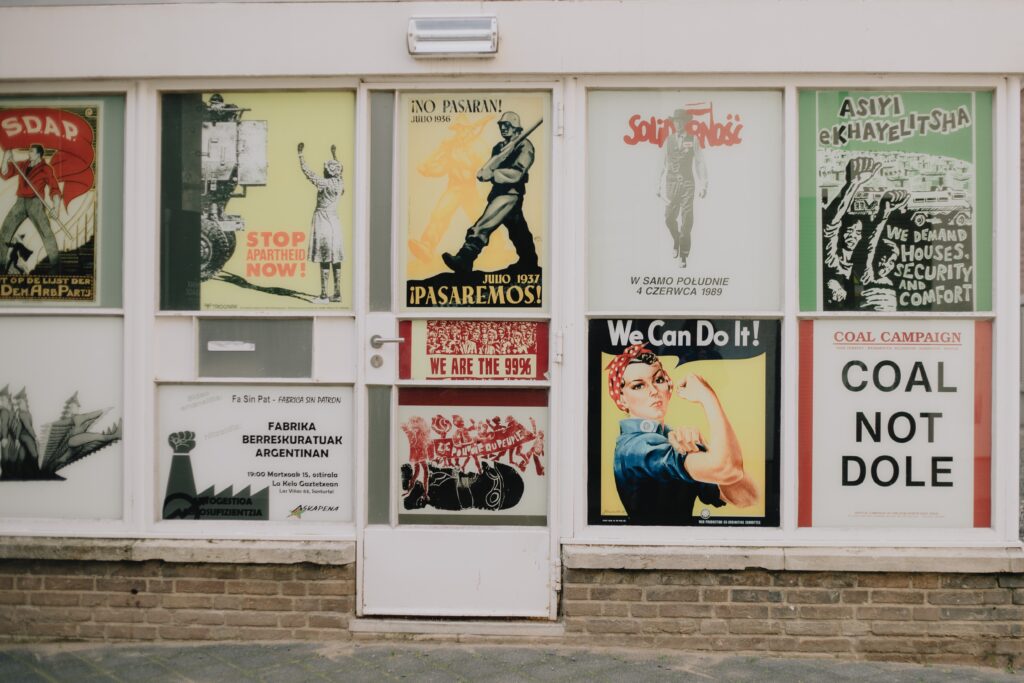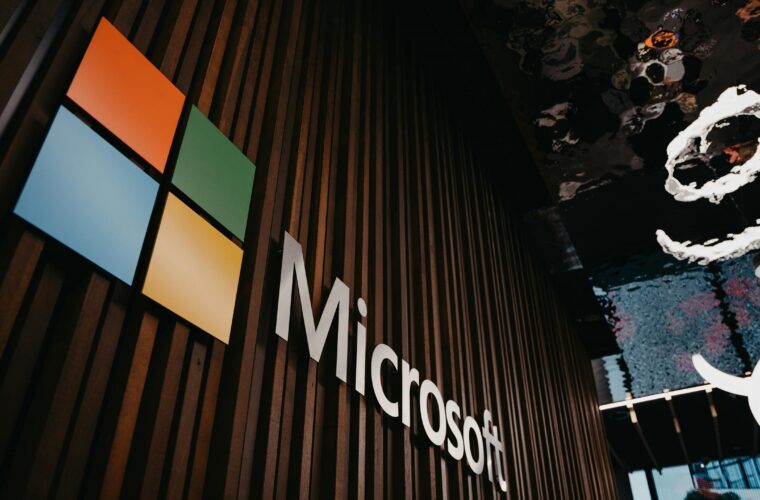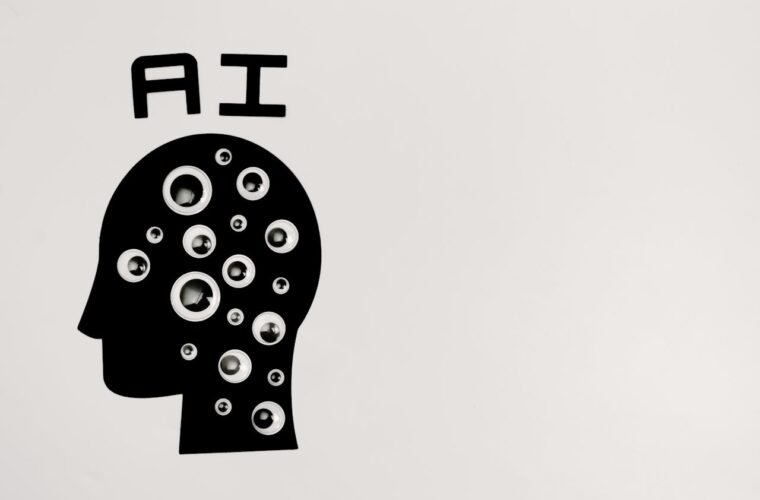Artificial intelligence (AI) may be advancing rapidly and is considered the most discussed technology of our era; however, it is neither innocent nor should it be treated superficially. They say that in war, the first casualty is the truth. The same holds in any crisis. Political instability, deep divisions, and intense social conflicts have created a planet in turmoil. In a “burning” planet with constant upheavals, citizens are bombarded with a plethora of information in traditional media and social networking platforms.
In this tumultuous era, where AI tools have now been added to the arsenal of information dissemination, how much harm could their systematic and organized use in propaganda campaigns and the spread of false news cause us?
Hawaii wildfires
Researchers, including those from Microsoft and the University of Maryland in the United States, have uncovered details about a misinformation campaign linked to the devastating fires on Maui, Hawaii, in August 2023. This campaign, believed to be orchestrated by China, aimed to portray the fires not as a natural disaster but as the result of a concealed “weather weapon” wielded by the USA.
China attempted to disseminate this narrative through a series of fabricated posts on social media. To enhance the credibility of these posts, they included manipulated photos generated by AI programs, marking China as one of the pioneering nations utilizing such tools to reinforce disinformation efforts.

Political propaganda
Today, artificial intelligence is employed in creating manipulated videos, photos, and audio snippets, which are strategically used to serve the propaganda of specific decision-making centres each time. Currently, artificial intelligence is utilized to sow doubts regarding electoral contests and launch attacks on political adversaries. A notable example is the elections in Slovakia last September and Nigeria in February.
One day before the actual vote in Slovakia, an audio snippet circulated on social media featuring one of the main candidates discussing the purchase of votes from the Roma community. The candidate claimed the file was fake, while independent researchers verified that it was likely material tampered with. Similar AI-processed audio snippets surfaced on social media, portraying a presidential candidate in Norway discussing electoral fraud.

New challenges
The international community is now facing a new and significant threat: the perilous aspect of AI. Artificial intelligence is making social media even more unreliable, as it represents a digital ecosystem highly susceptible to misinformation.
Despite their efforts, social media platforms remain spaces where countless fake news circulate alarmingly. Artificial intelligence, however, has the potential to exacerbate the situation further. By generating photos, videos, and audio snippets that are exceptionally difficult to distinguish as fake, the threats to democracy and our societies are enormous and alarming.
The responsibility lies significantly with technology companies, which should promptly invest in developing software capable of detecting AI-generated content. These tools are crucial to ensuring the reliability of information, especially during times of crisis such as wars, social conflicts, and the increasingly visible impacts of climate change on the planet.
The rapid development of artificial intelligence tools, coupled with the simultaneous global crises erupting, serves as a reminder of the serious challenges posed by certain aspects of these new technologies. It emphasizes the need for a coordinated and targeted response to prevent them from evolving into yet another driving force behind the instability, division, and hatred that seem to be gaining ground continuously.



